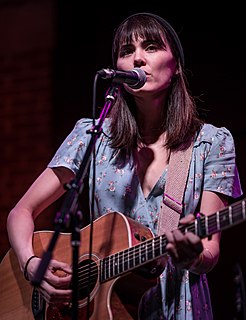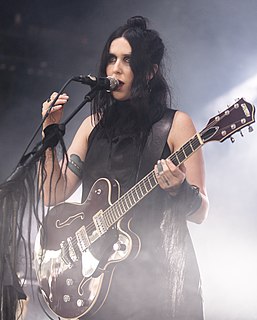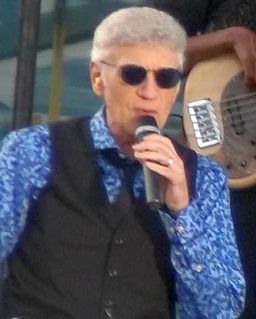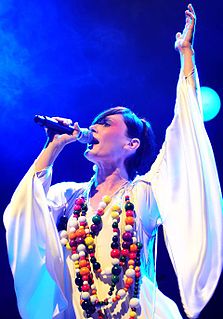A Quote by John Legend
The main focus for me is not trying to find duet partners. It's about just making great songs. I want most of my album to be in my voice, because it's my point of view.
Related Quotes
I try never to focus on the radio, just find great songs, find emotion and just write the best songs you can. I think when you get fixated on trying to do something too accurate, it becomes more washed out and less what you intended it to be. So I think each time the challenge for me is to try and reinvent a little bit.
[On how she goes about trying to live authentically] Well really listening to my point of view and if I am on a set, say, that doesn't really value a woman's point of view, regardless of how they feel, continuing to give my point of view and try to find a way to be heard and not diminishing myself because other people are diminishing me. Because that, I think, is the worst temptation that, you know, you judge yourself by how others are judging you, and to fall into that trap is to walk into the realm of self-annihilation.
I think of myself more as an actress. I do my music because I'm very passionate about my music. I love making music. I love inspiring people. I love making great songs that are just really fun. But that's all it usually is for me. I love touring and singing great songs. I don't think I'll ever win a Grammy one day, and I'm totally fine with that. I do work really hard when it comes to acting and I want to do that for a long time.
I might spend 100 pages trying to get to know the world I'm writing about: its contours, who are my main characters, what are their relationships to each other, and just trying to get a sense of what and who this book is about. Usually around that point of 100 pages, I start to feel like I'm lost, I have too much material, it's time to start making some choices. It's typically at that point that I sit down and try to make a formal outline and winnow out what's not working and what I'm most interested in, where the story seems to be going.
And the thing about me is, I have a lot of mellow songs, because they're the easiest for me to write. I wanted to try to make some more upbeat songs, so, I ended up gravitating toward writing songs with friends, which was a great learning process, and also we came up with great songs. Those are the songs that came out the most naturally.
I read the reviews sometimes, but I don't let it really affect the next album because, for me, when I approach an album, it's usually coming to me pretty naturally. It's not like I set out, like, "Okay, I'm going to write an album this month." It's more like I'm just always writing songs and eventually I start to realize that a group of songs sort of fits together, and I go from there in putting together the album and themes and artwork and things like that.
Licensing is how indie rock people make a living these days, so whatever about that. But I want good films and good placement for the songs because I want to be exclusive. I don't want to just sign it away because I don't want songs to lose meaning, but I'm also...I don't care [that] Wilco sold songs to Volkswagen. That's great. They probably drive Volkswagens.
I just believed in 1979 that prog rock was finished. I just saw the handwriting on the wall. And I believed that if we continued in that direction, our career would be finished. So I kind of led the band to making 'Cornerstone,' which is an album from my point of view which was not trying to be necessarily softer, but more natural.
All the songs that were written for that album are just all our first sophomore songs. So they're all from real life. Very sweet and very innocent. I think the theme of the album probably was just that it was our first record. ... Back when we were first making records, you didn't just make the music, you put a great deal of energy into the way it looked, and every word that was written on the whole thing.



































